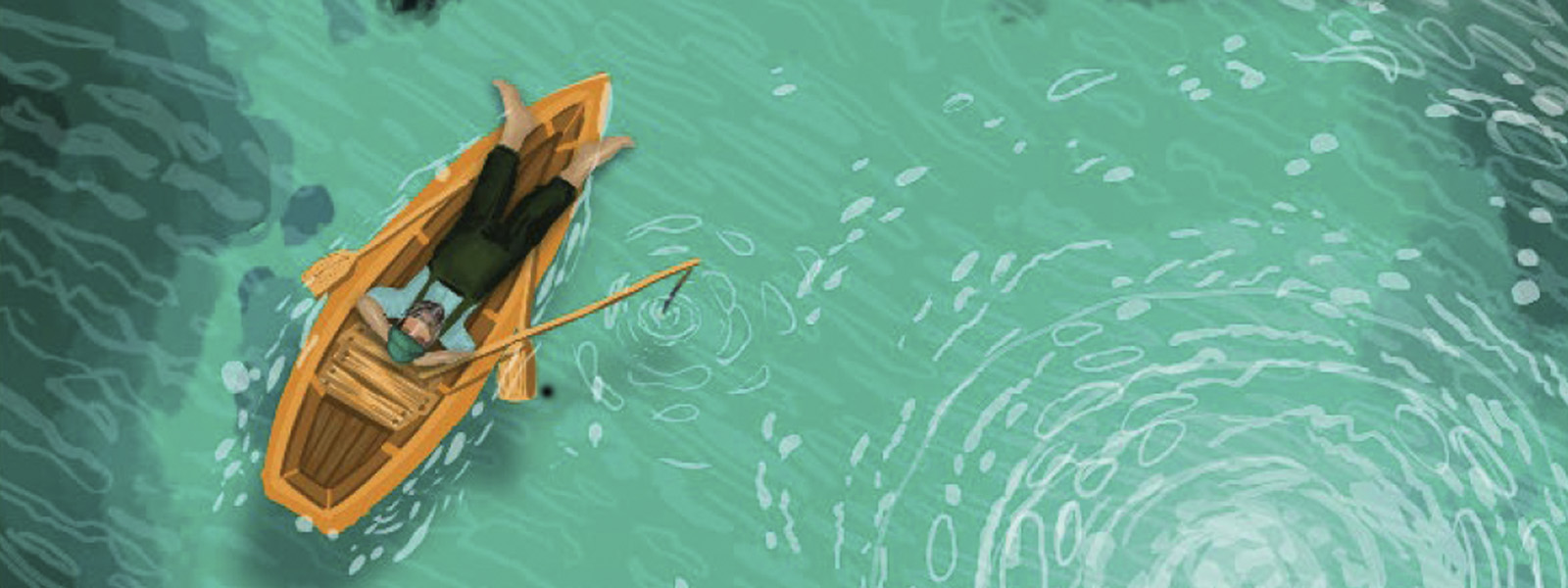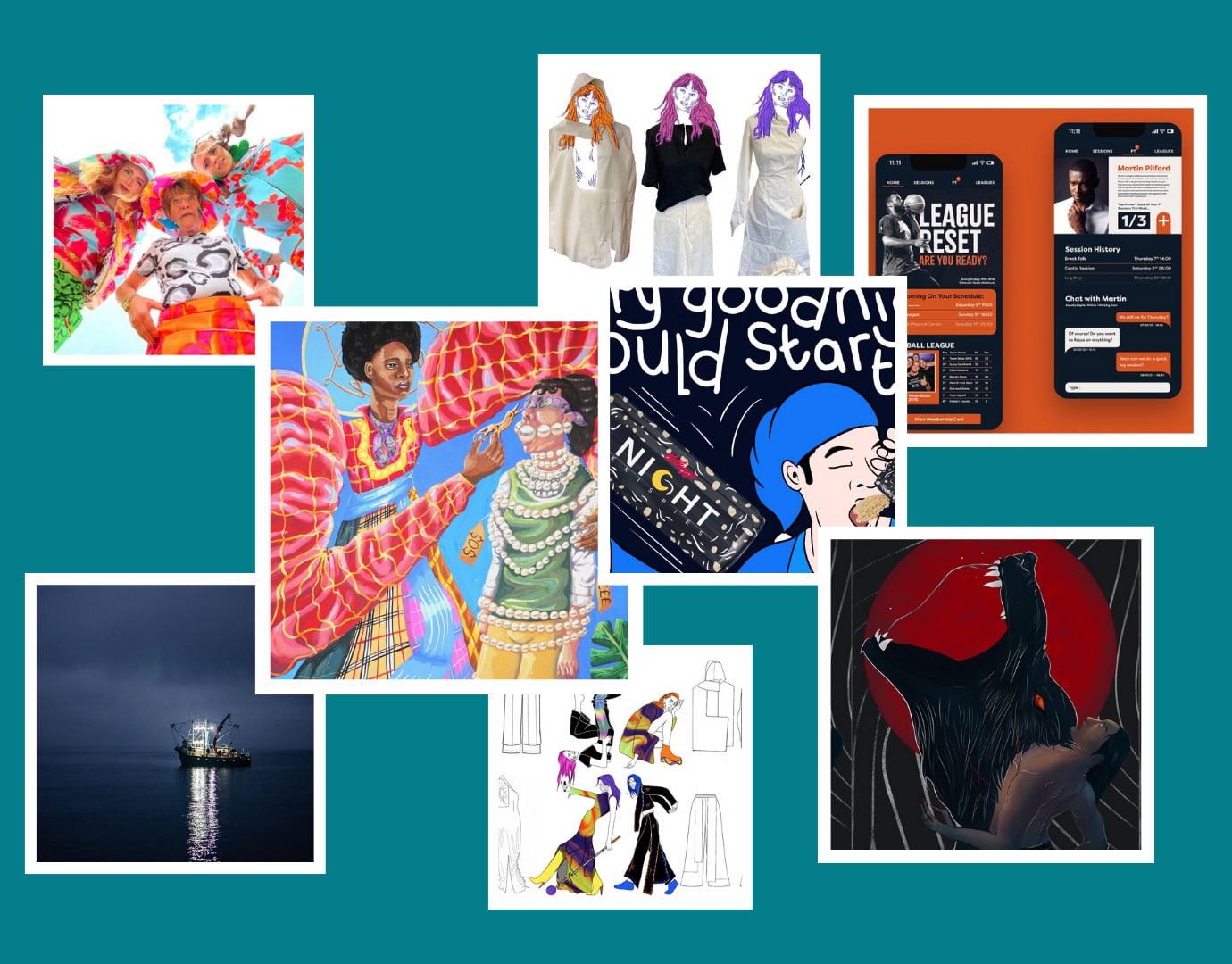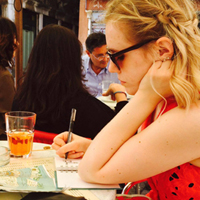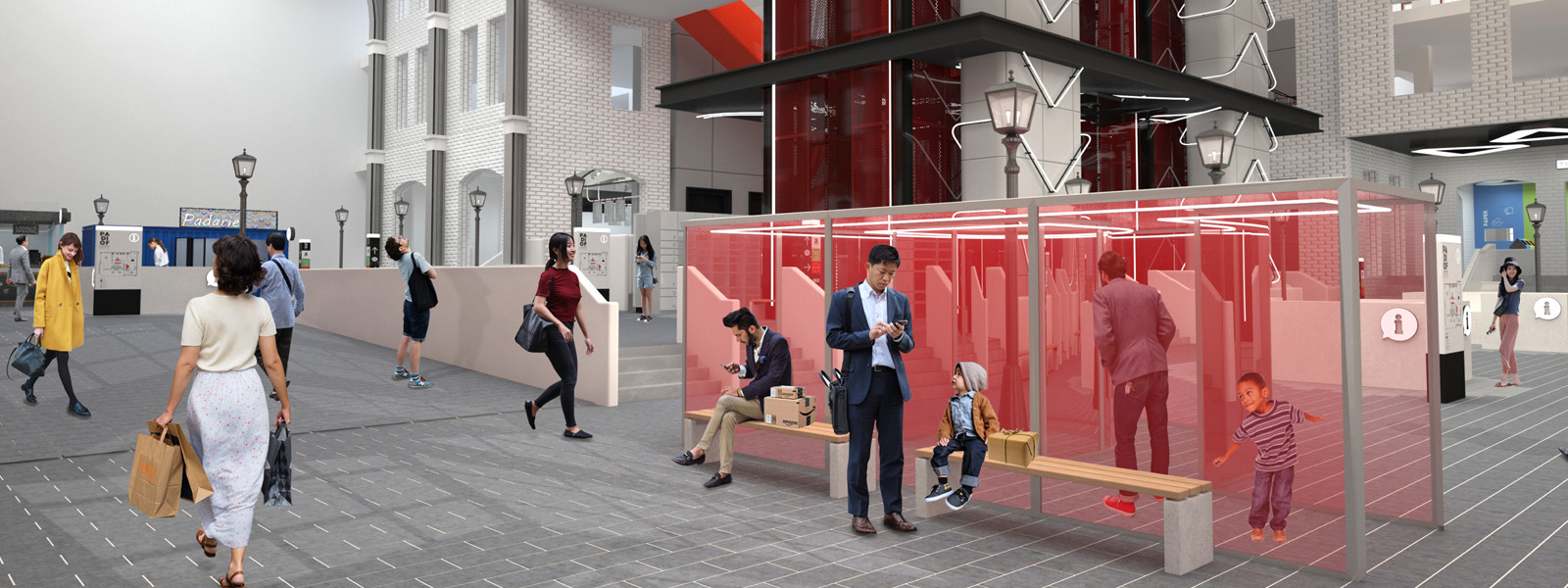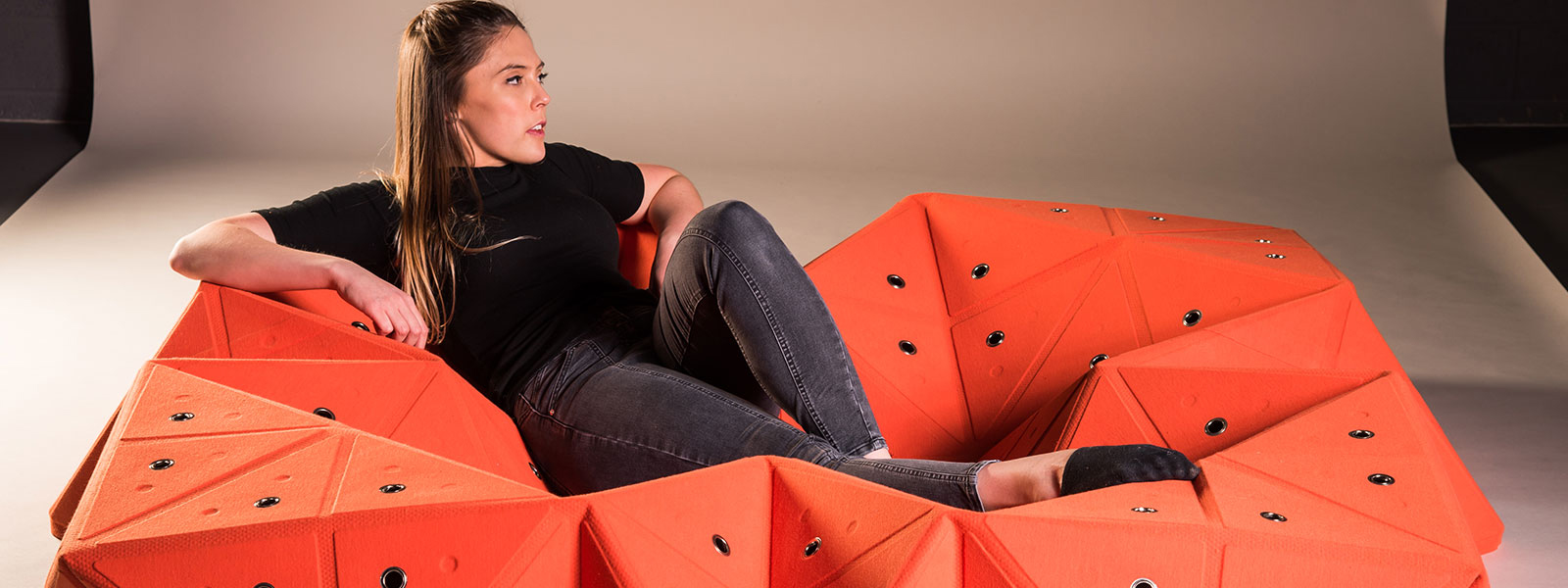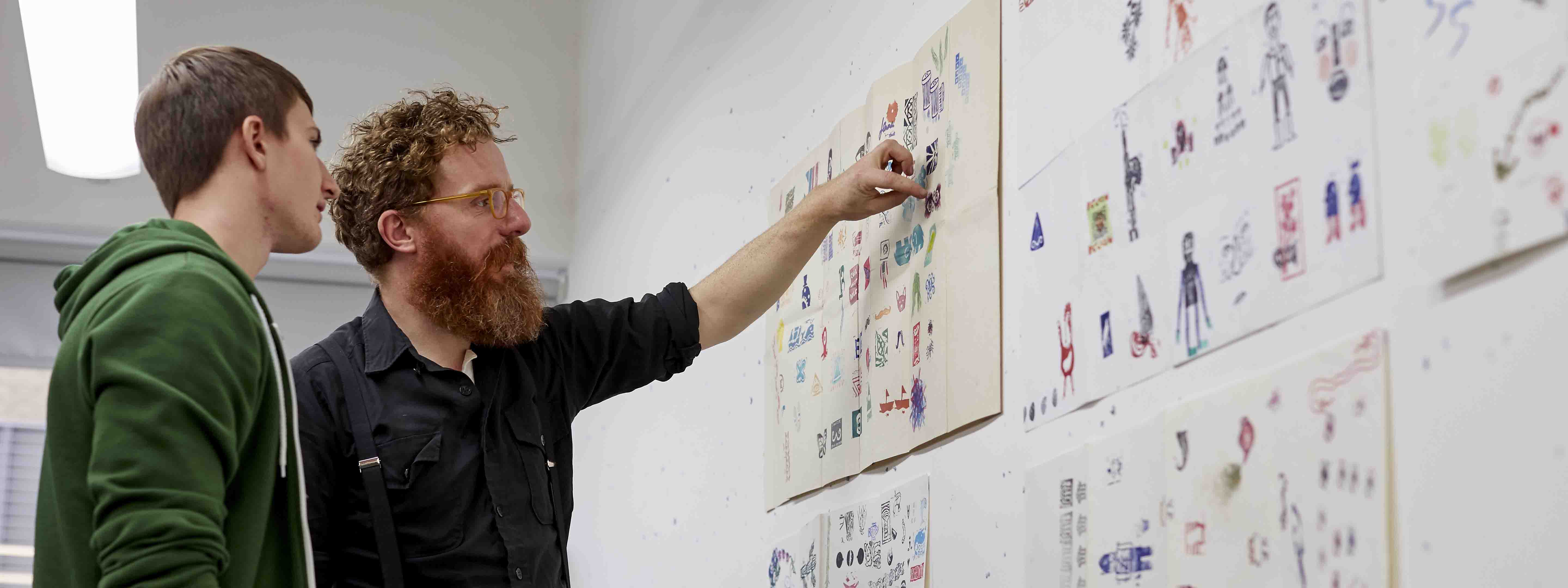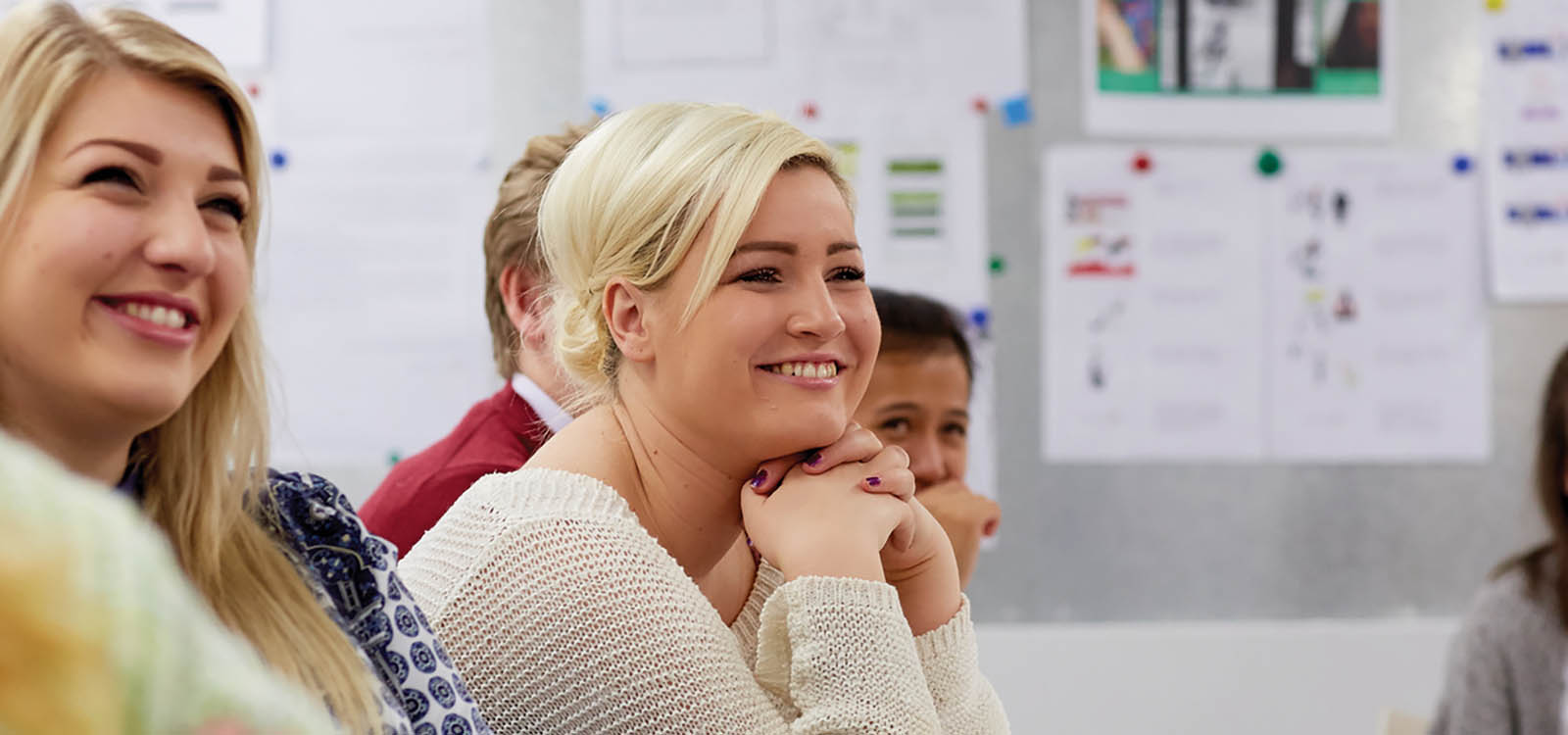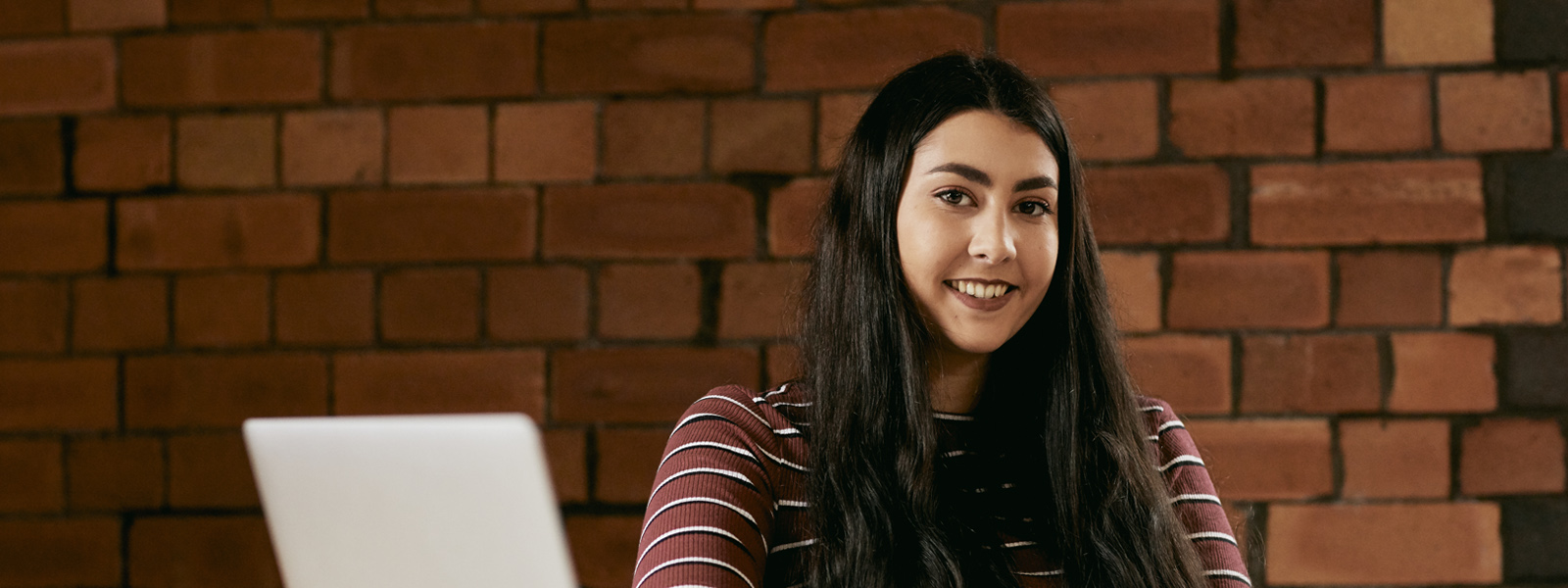Module Overview
This module builds on and pushes the boundaries of the technical and creative skills developed in Level 1. You’ll be encouraged to apply practical, conceptual, and creative solutions to create innovative and impactful illustrations.
The module focuses on cultivating an understanding of audience demographics to enable effective and creative visual communication, alongside honing practical skills. This blend of knowledge and technique is key to helping you craft a unique visual style that stands out in today’s competitive marketplace.
Module Overview
Through a rich exploration of materials, media, techniques, and technologies, you can refine your approach to practical work and expand your toolkit for visual storytelling. At its core, the module aims to help you build a solid understanding of narrative structure and storytelling principles within illustrated books. You can expand on previous skills through critical analysis and hands-on experimentation across various genres, delving into sequential illustration, character roles in storytelling, and the flow of narrative continuity.
Module Overview
Building on the foundations of reflective creative practice in Level 1, Contextual Studies 2 immerses you in key concepts, debates, and case studies related to the professional, economic, and socio-cultural dynamics of the creative industries. This module delves into the ethical dimensions of professional design, examining how issues like design activism, ecological awareness, and socially engaged practices influence creative motivations and shape the field.
These thought-provoking themes set the stage for an in-depth discussion on the role of ethics and purpose in contemporary design. By exploring these topics, you can gain a nuanced understanding of how design intersects with real-world issues, enhancing your awareness of professional practice within the broader landscape of the creative industries.
Module Overview
This module is designed to deepen your mastery of the intellectual, creative, and practical aspects of crafting imagery with a strong focus on creative content—a skill increasingly relevant in today’s evolving illustration industry. Through a variety of projects, you can explore the dynamic relationship between words and images, developing techniques that playfully and effectively link text with visuals. You can also gain a richer appreciation of both historical and contemporary illustration practices, reinforced through engaging lectures, seminars, group critiques, and tutorials.
Module Overview
The Industry Placement Year is an exciting opportunity for students to take a year out of formal study to gain real-world experience in the creative industries. Whether you’re looking to build industry connections, develop professional skills, or explore career options, this year will give you a full-time, hands-on experience within a creative organisation.
This year is a collaborative experience between you, your employer, and the University—ensuring that you get the most out of your time in a professional setting.
Module Overview
This module provides an opportunity for students in the Lincoln School of Design & Architecture to spend a semester in Year 2 studying at one of the University’s partner institutions. This opportunity has both academic and personal development dimensions.
In academic terms, during the semester abroad students undertake models that are equivalent to 60 credit module and content at one of the UoL partner institution in semester B.
Participation in study-abroad also offers unique opportunities for personal student development in the wider sense. Although students will be supported through the application process by the Module Co-ordinator and colleagues at the partner institution, much of the responsibility for organising the time abroad rests with the student. Study abroad offers the opportunity for students to develop graduate attributes, a global mindset and transferrable skills as exercise resilience, flexibity and open mindedness when adapting to and working effectively within a different academic culture and environment.
Students must submit an application to the School discuss why they wish to participate in a study period abroad.
Module Overview
This module is optional for undergraduate students within the College of Social Sciences and Humanities. Study Abroad enables you to study at one of the University’s approved partner institutions.
During the time spent abroad, you can share classes with local students and study modules at the partner institution which have been approved in advance by the University. As many partner institutions support internships, you may choose to combine study with work and/or a period of volunteering.

